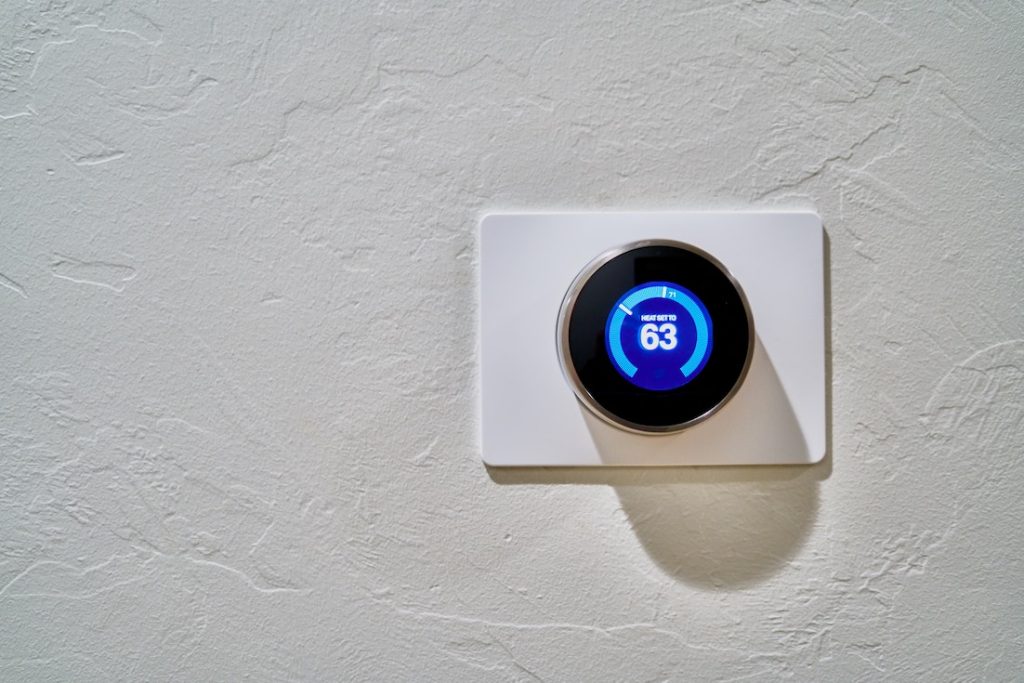If you care about saving money then don’t buy a home with swimming pool. Yes, it’s a nice little luxury. It can offset certain costs. However, in the long run, it’s not a good financial decision.
Justifications for Buying a Home with a Swimming Pool
There are definitely some justifications for buying a home with a swimming pool. It can offset certain costs.
For example, maybe your kids will spend all summer with their friends in your pool. Then you don’t have to pay for other entertainment, camps, and activities.
Likewise, you can have your family to your house so that you don’t have to travel to a family reunion. Everyone can just enjoy the pool.
If you have a pool to swim laps in every day then you don’t need to pay for a gym membership. There are definitely ways that a pool can help pay for itself a little bit. However, overall, the benefits don’t outweigh the costs, speaking financially.
Don’t Buy a Home with A Swimming Pool
If you have a home with a swimming pool, then you have a home that costs you more than it should. There are daily and routine expenses that go up because you have a pool. Plus there are unexpected expenses that can eat into your emergency fund.
The Cost When You Buy a Home
If you want to add a pool to your home, then obviously you have to pay all of the costs associated with that. However, even if you want to buy a house with a swimming pool, there are added costs. You’ll have to pay for a separate pool inspection before you buy the home.
Increase in Household Expenses
When you plan your budget out for the month, you have to plan on spending more because you have a swimming pool. For example, a home with a swimming pool has much higher energy bills than a home without one. You need electricity to run the pool pump. There are extra costs if you add lighting to swim at night or if you have a heated pool. You can easily spend $300 a month or more on extra energy costs when you have a home with a swimming pool.
You may also find that your home insurance costs go up. Swimming pools are considered a safety risk, so insurance companies charge you more when you have one. If you do have to file a claim related to the pool, your costs will go up even more.
Your swimming pool also results in other ongoing costs at home. You will have to pay for pool maintenance. Even if you do all of the cleaning yourself, you have to purchase specific supplies to keep the pH at the right level and so forth.
Emergency Costs
Finally, there are emergency costs associated with pools.
Going back to the aforementioned safety issue, you may have an increase in injuries in your home resulting in emergency room visits, paying liability costs, etc.
Even if you manage to avoid those bills, your pool itself will likely need repairs at some point. You’ll use a pool vacuum to clean it, a pool pump, and other supplies that will break and need replacing. The pool has a lining, and a break in that lining is one of the most common repairs people need. That’s not cheap.
The Cost When You Sell a Home
Finally, when you go to sell your home, you’ll discover that because of all of these things, your home’s resale value is actually lower thanks to your decision to add a swimming pool.
Read More:
- What is The Difference Between Rich and Wealthy?
- Homebuyer Regrets: 5 Reasons Millennials Wish They Hadn’t Bought a Home
- What Is Middle Class? You May Be Richer or Poorer Than You Think
Kathryn Vercillo is a professional writer with more than a decade of experience writing about healthy living and personal finance. She lives in San Francisco, where she has learned to maximize frugal living tips in order to thrive as a freelancer in one of the nation’s most expensive cities. When she’s not writing, she’s exploring the city on foot with her rescue dog. Learn more about her at www.kathrynvercillo.com.
Kathryn also writes about saving money with coupons over at GroceryCouponGuide.com



